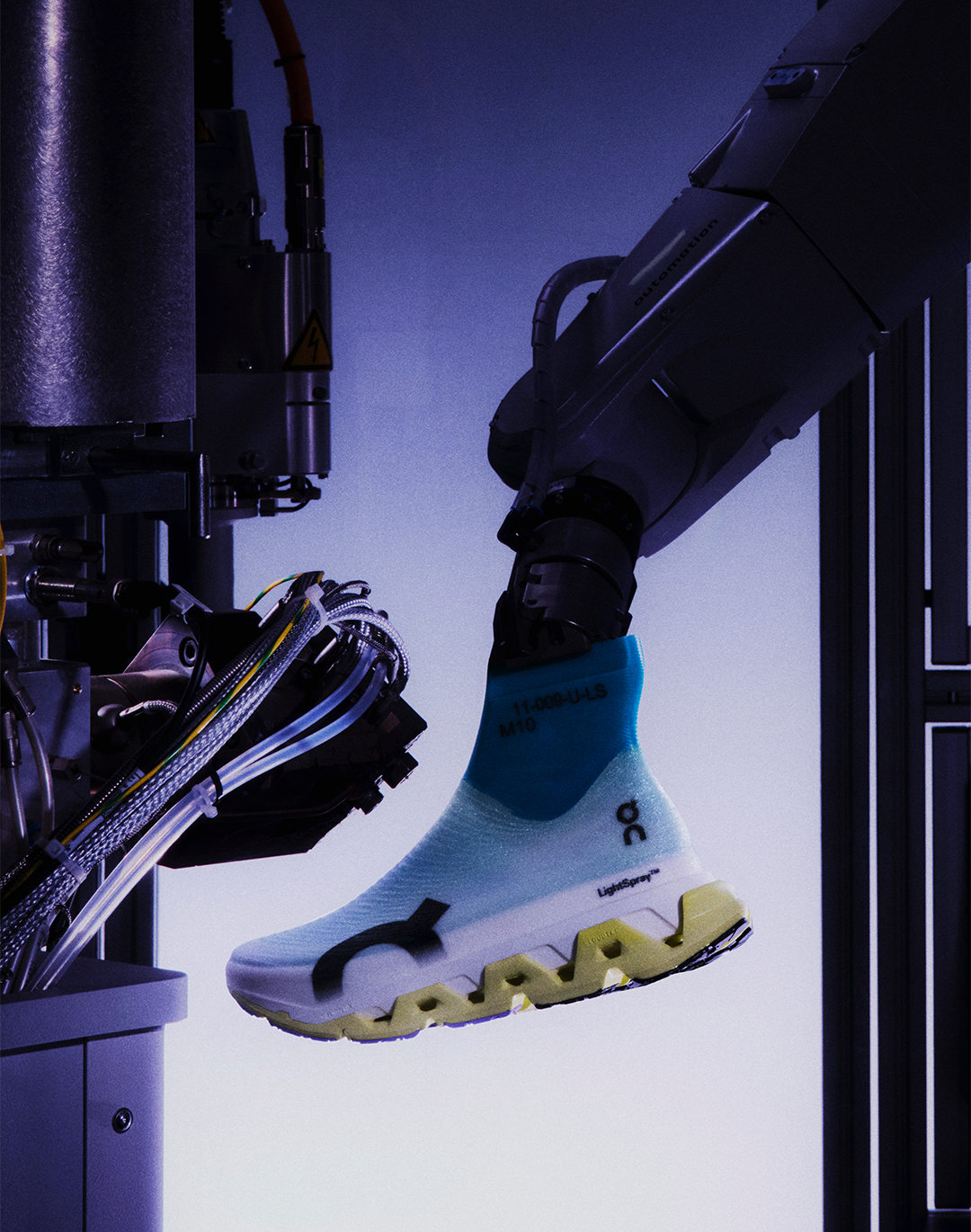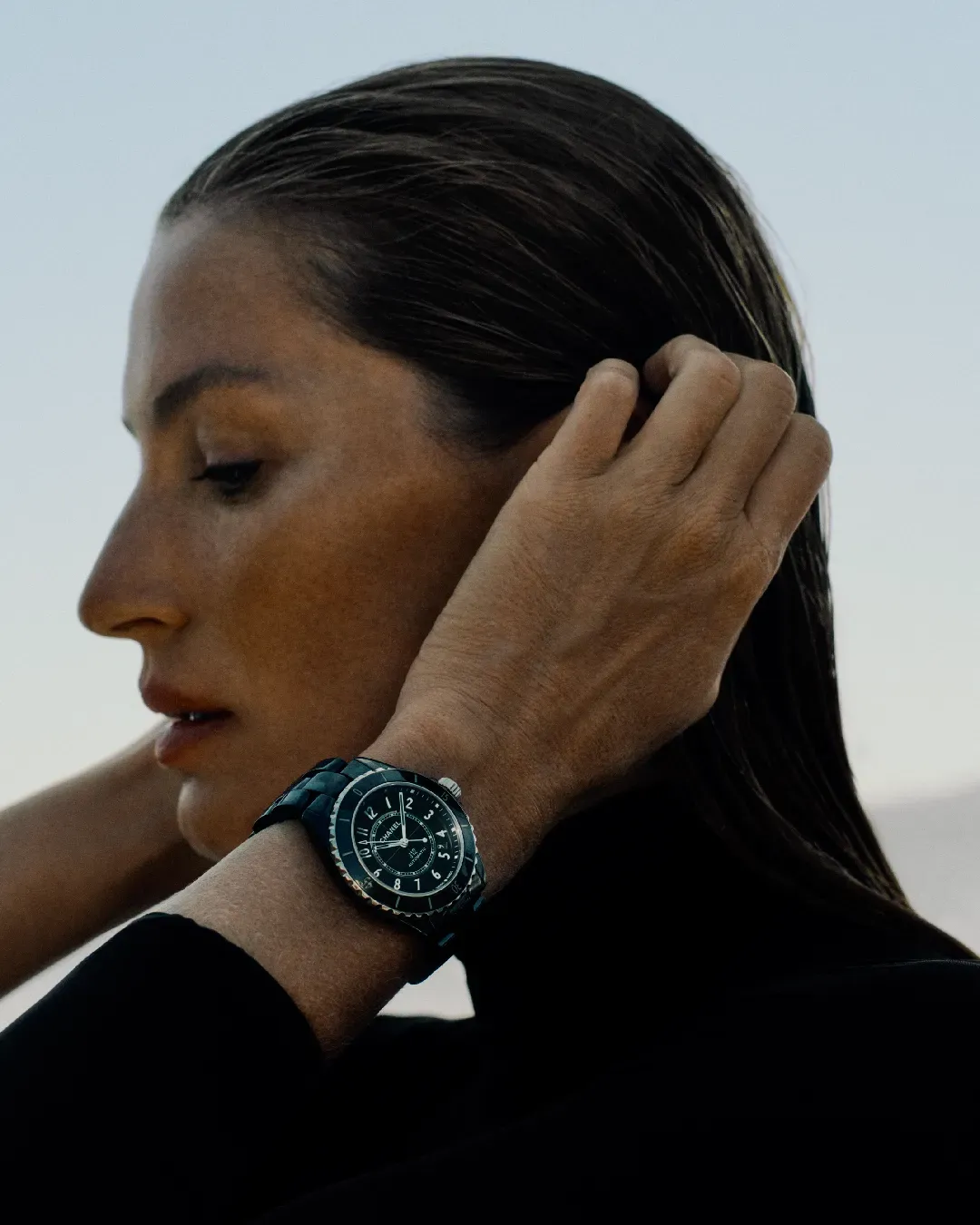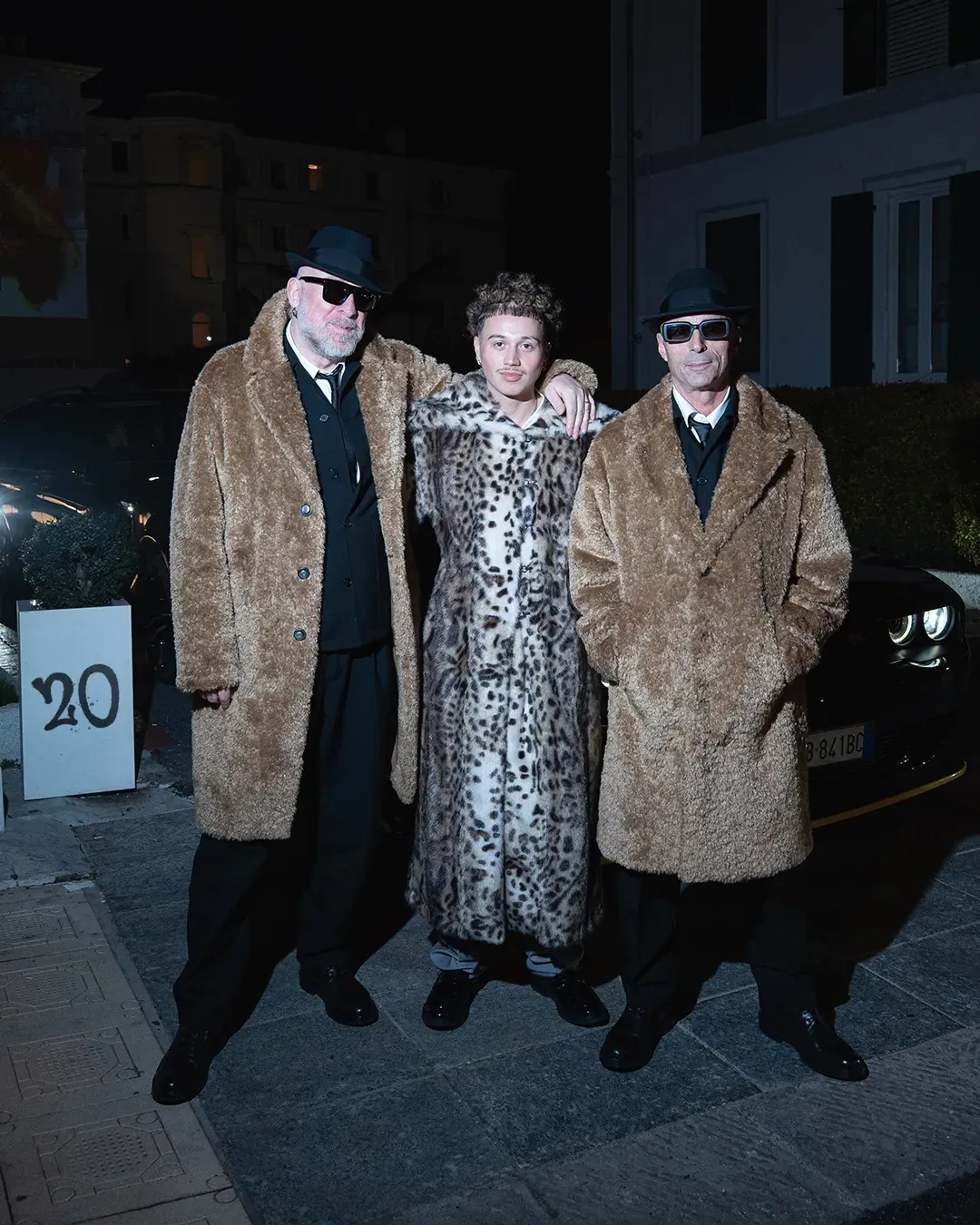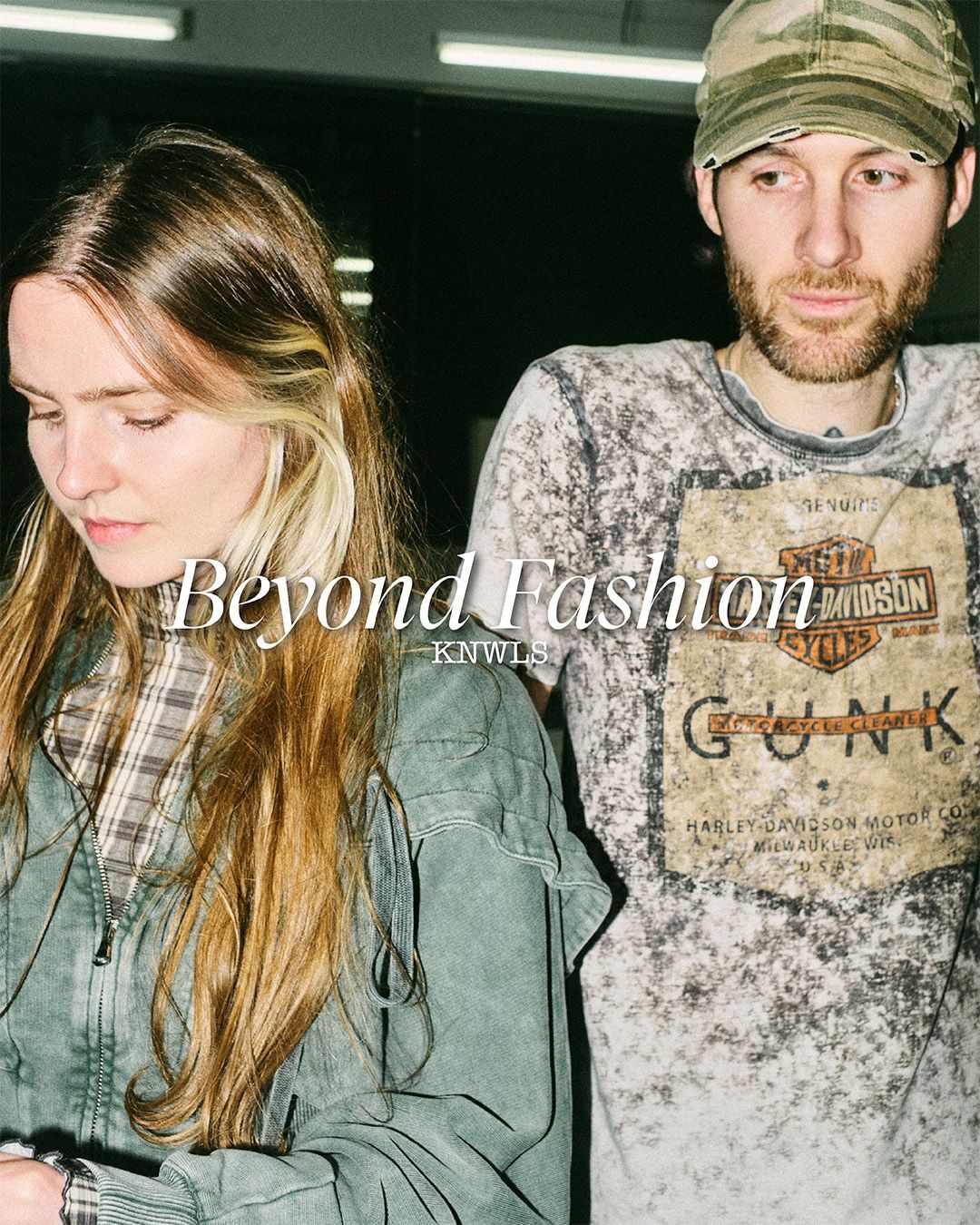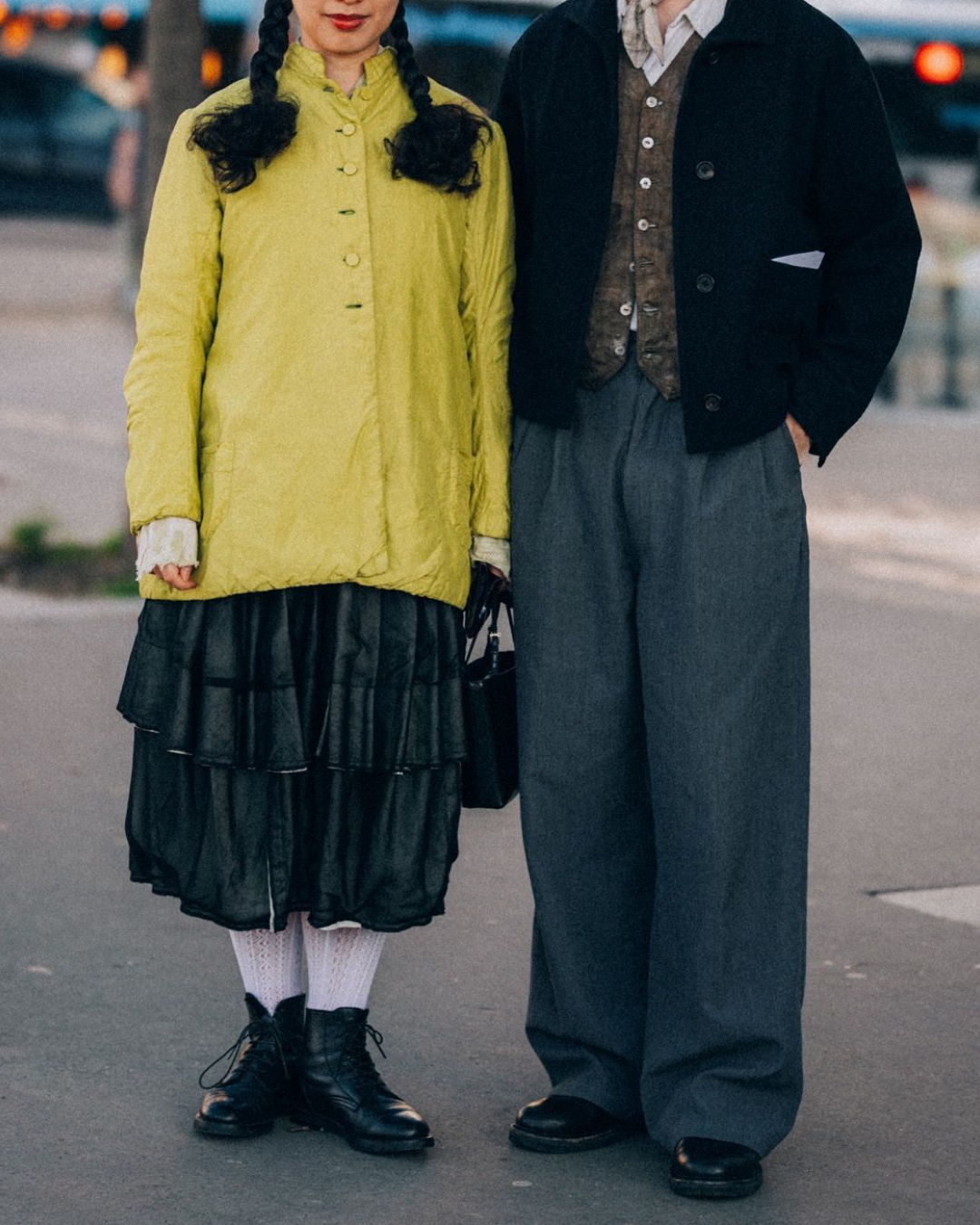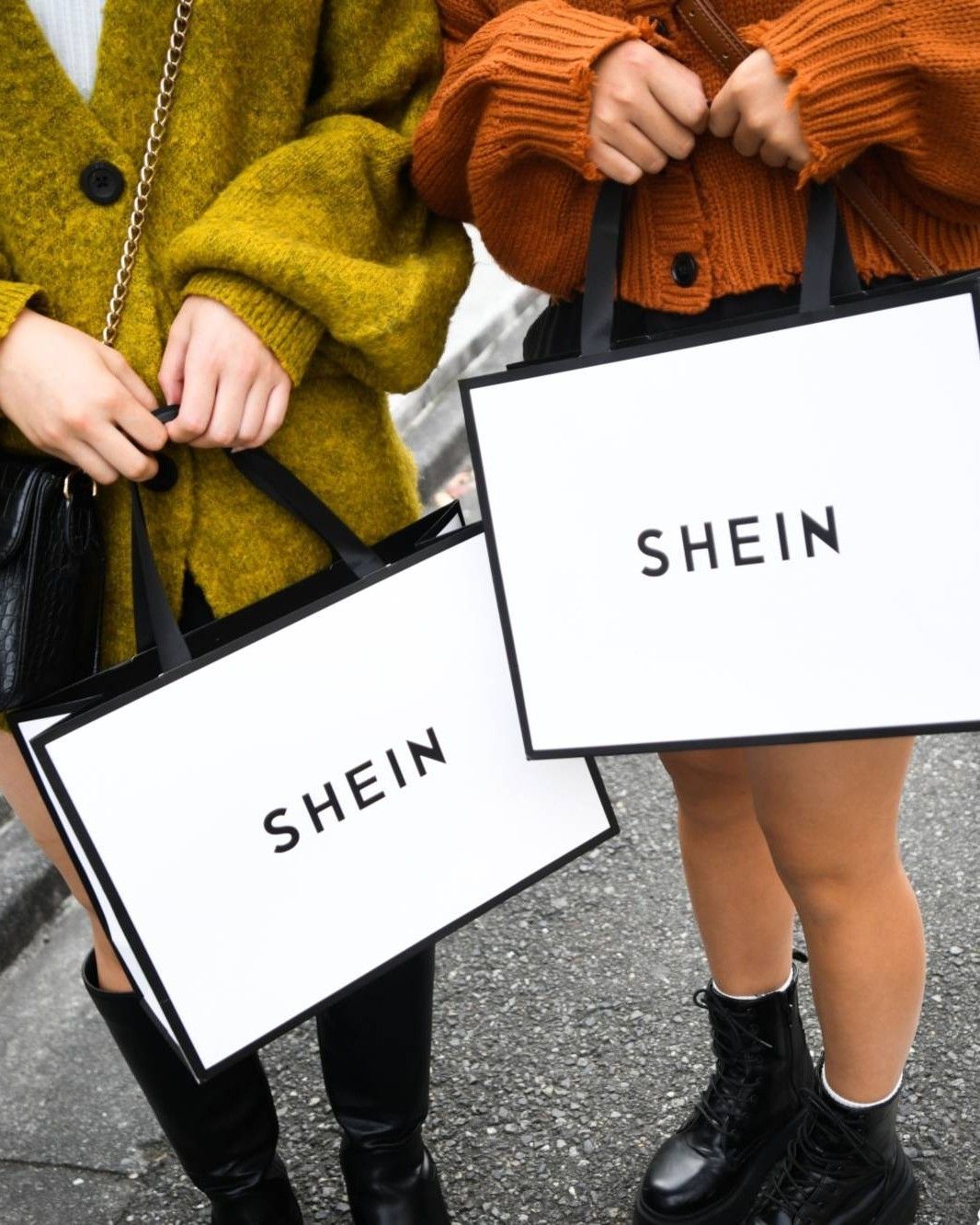
How the anti-waste rule in France is creating even more waste When recycling becomes a more profitable business than selling
It’s a paradox with disastrous consequences. The anti-waste law, which came into force in 2021 to promote a circular economy and reduce unsold goods, is actually helping to worsen the problem. According to an investigation by Disclose, in partnership with Reporterre, fast fashion giants like Shein, Decathlon, and Kiabi are taking advantage of the scheme to turn their unsold stock into millions of euros in tax breaks. A practice that encourages overproduction and floods charities, already overwhelmed by the sheer volume of donations they must handle.
Kiabi, Shein, Decathlon : la fast fashion encaisse des millions d’euros d’argent public grâce aux dons des vêtements invendus
— Disclose (@Disclose_ngo) May 6, 2025
Révélations @Disclose_ngo, avec @Reporterre, sur un hold-up fiscal encouragé par la loi anti-gaspillagehttps://t.co/MoJ3dPOuC3
The Agec law, or anti-waste law for a circular economy, has banned companies since 2022 from destroying their unsold non-food products and instead encourages them to recycle or donate to charities, in exchange for a 60% tax credit on the value of donated goods. For example, if Shein donates a pair of pants worth €12 to a charity, the Chinese company receives a tax break of €7.20. A highly profitable opportunity for these fast fashion giants, who can cut production costs down to mere cents. By intentionally producing more unsold items, these multinationals can receive tax reductions amounting to millions. According to Disclose journalists, Decathlon received €709,000 in tax credits in 2024 for €1.18 million worth of donated unsold goods. Frightening figures, especially when considering that nearly 100 new garments hit the French market every second—a 30% increase in just four years.
Rappel: 10 février 2020 vote de la Loi Anti Gaspillage pour une Economie Circulaire
— Alexandre GARCIN (@AlexandreGarcin) May 6, 2024
avec 3 objectifs visant à en finir avec les plastiques à usage uniques:
Réduction de 20% d'emballages plastiques
Supression des emballages plastiques inutiles
Tendre vers 100% de recyclage pic.twitter.com/f7Q7lfquPN
In response to these “donations,” charities and recycling centers are overwhelmed by mountains of clothing. Due to a lack of space and staff, they are forced to destroy the items themselves or at taxpayers’ expense when they can no longer manage the costs. These brand-new unsold goods don’t even make it to shelves and are sent straight to landfills. Moreover, fast fashion brands don’t even need to contact organizations directly. In recent years, unsold goods brokers have emerged—typically start-ups—that handle the relationship between companies and charities so the former can offload their stock. Among them, Dealinka is a company that works closely with Shein. According to Disclose’s report, the French start-up sent an email to a recycling center in the Var region offering 20 pallets of Shein clothing worth €50,000, stating they would need the tax receipt to forward to the Chinese brand. On its website, Dealinka claims its mission is to fight “against waste by giving surplus products a second life.” A strong scent of greenwashing surrounds a service that goes against the very principle of the circular economy.
Pagaille et gaspillage monstre en vue dans les rayons (cette loi absurde n’a fait l’objet d’aucune étude d’impact) #écologisme https://t.co/SC3aHiHMLh
— MacLesggy (@MacLesggy) March 19, 2025
Kiabi has found another way to benefit from tax breaks. The French brand channels its unsold stock to Petits Magasins, an initiative aimed at making new goods accessible to families in need. However, Petits Magasins is managed by Kivi, a joint venture between Bunsha (Kiabi’s holding company) and the social enterprise group Vitamine T, whose board also includes Kiabi’s HR Director. In other words, Kiabi donates to Kiabi, benefiting from tax deductions without losing a cent via intermediaries. A shocking reality confirming that governments must take much stronger action to create real change in the fast fashion landscape. This law, while benefiting already ultra-wealthy multinationals, is slowly killing the charitable organizations and thrift shops that are essential players in the circular economy.




